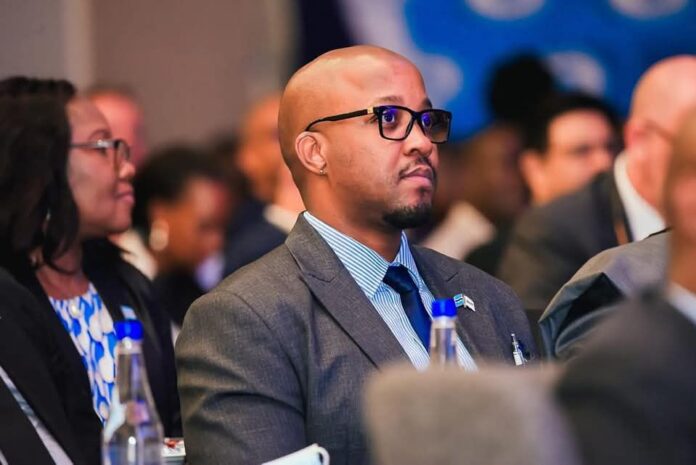The Ministry of Health announced it will not be hiring full-time sign language interpreters in hospitals because, frankly, the deaf community is just not statistically noisy enough.
Answering a question from Kgosi Kabelo of the Serowe Region in the Ntlo ya Dikgosi, Health Minister Dr. Steven Modise graciously reminded everyone that Sign Language is, in fact, a visual language. It is not clear why Modise thought this clarification was necessary, unless maybe those in his Ntlo Ya dikgosi audience had mistaken it for something communicated via telepathy or vibes.
“Our Ministry is deeply committed to inclusivity,” Dr. Modise assured the House, before listing a litany of reasons why, actually, inclusivity is a logistical nightmare best left to PowerPoint presentations and commemorative T-shirts on Health Calendar Days.
Among the Ministry’s valiant efforts is the noble budget line titled “Rehabilitation for the Disabled”, which sounds less like a public health initiative and more like a failed superhero reboot. Funds from this vote are used to train health workers in sign language—a strategy that is reportedly so effective, staff tend to forget the language almost immediately after training, much like secondary school calculus.
But wait, there’s more. The few who do remember their training, Dr. Modise admitted, are often whisked away to other facilities before they can actually use it, presumably as part of a witness protection program for linguistically endangered nurses.
Also, the local sign language landscape, we’re told, is a dazzling mess of dialects. Apparently, someone signing “headache” in Bokspits might accidentally propose marriage to a nurse in Motlhabaneng. Such confusion could cause unintended engagements or, worse, unauthorised Panados.
According to the Ministry’s data, a measly 0.5% of the population has a hearing disability. And if there’s one thing we’ve learned about public health planning, it’s that unless you can fill a stadium or a campaign rally, you don’t qualify for consistent service delivery.
Hiring interpreters in each district? Unthinkable. The logistics! The expense! The horror of giving marginalized people consistent access to health information! Instead, the Ministry will continue training staff in a language they’ll forget by Monday, and is looking into something called telemedicine, where interpreters might be beamed in from the cloud or another dimension—details to follow, eventually.



